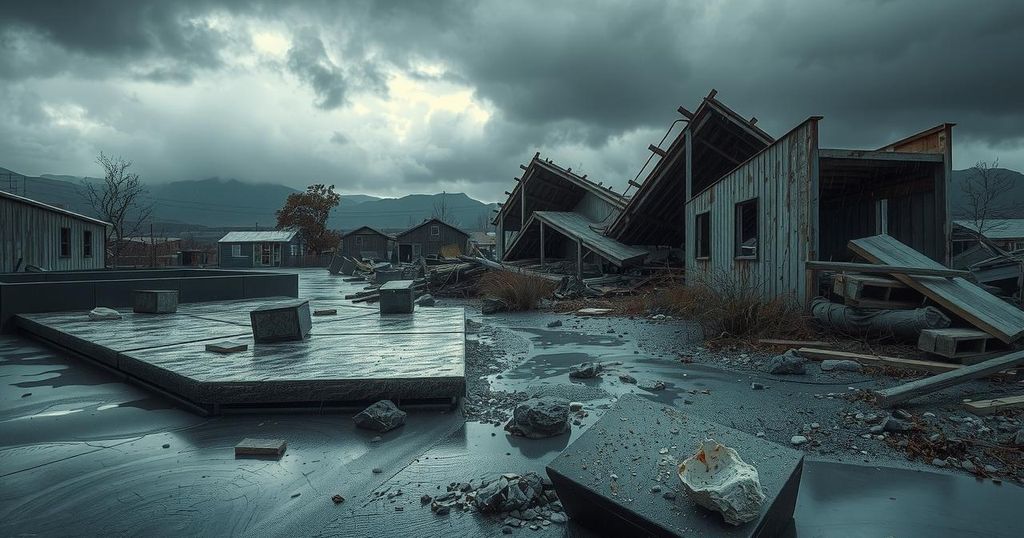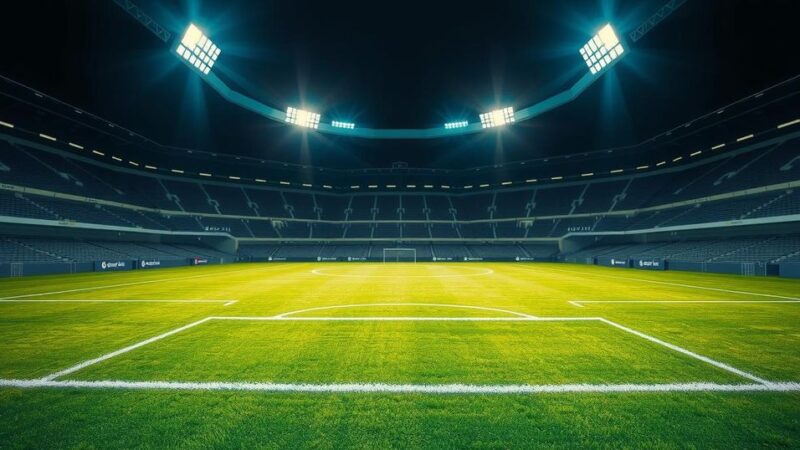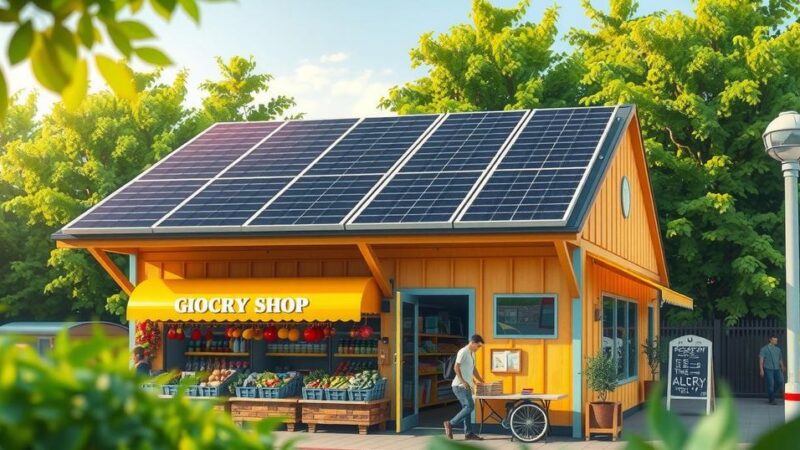Morocco’s earthquake victims are enduring severe conditions as heavy rains flood their camps, delaying promised aid. While the government pledged financial support for reconstruction, many families report receiving far less than promised. The challenges are compounded by transport issues and corruption allegations, as victims persist in their fight for assistance amidst harsh living conditions during Ramadan.
In Morocco, earthquake victims are facing dire conditions as heavy rains have flooded their makeshift camps amidst a delay in promised aid. The relentless downpours, which began on March 9, have devastated infrastructure, particularly in the Atlas Mountains, where survivors of the 6.8-magnitude quake reside in tents that are now collapsing under adverse weather conditions.
For a year and a half, families in the village of Talat N’Yaacoub have been living in inadequate shelters that were intended for temporary use. Halima, a resident who lost her home, expressed her despair, stating, “The tents are no longer liveable […] Water seeps inside, the mud rises up, and we have nothing to keep warm.” Many community members share her frustrations, having anticipated timely reconstruction efforts that have yet to materialize.
The Moroccan government initially pledged substantial financial support for reconstruction after the earthquake, yet disbursement has been significantly delayed. Activists report that many victims have received much less than the promised funds, leading to widespread desperation. Hussein Ait Mahdi, a representative from the Al-Haouz Earthquake Victims group, revealed that families are often receiving only the minimum aid amount regardless of their losses, exacerbating the ongoing crisis.
Barriers to delivering materials to remote villages complicate aid efforts, with transport costs severely restricting access. Furthermore, allegations of corruption regarding the aid distribution have emerged, raising concerns among victims. In December, an investigation was launched into these claims, resulting in convictions of involved officials. However, victims continue to call for immediate solutions rather than promises of future investigations.
During Ramadan, the conditions have only intensified for families residing in flooded areas such as Talat N’Yaacoub. The adverse weather has made living conditions unbearable, with vulnerable populations—such as children, the elderly, and pregnant women—suffering the most. Due to unsafe heating methods and the proximity of healthcare facilities, even minor ailments can have catastrophic consequences.
Frustration over the slow reconstruction process is mounting within the Moroccan parliament, as opposition members criticize the government for focusing on high-profile projects while neglecting earthquake victims. Fatima Al-Tamani, an MP, stated, “Today, we are talking about building world-class stadiums for the World Cup. And yet, 18 months after the earthquake, entire families are still living in tents. How can we accept this?” This juxtaposition of governmental priorities is sparking ongoing political debates and widespread concern among the public.
The ongoing plight of earthquake victims in Morocco, exacerbated by severe weather and delayed aid, highlights a critical humanitarian crisis. Despite government promises, reconstruction efforts appear stagnant, and victims continue to live in unsuitable conditions. As the contrast between governmental projects and the reality faced by these survivors grows, calls for accountability and immediate assistance remain urgent.
Original Source: www.newarab.com






